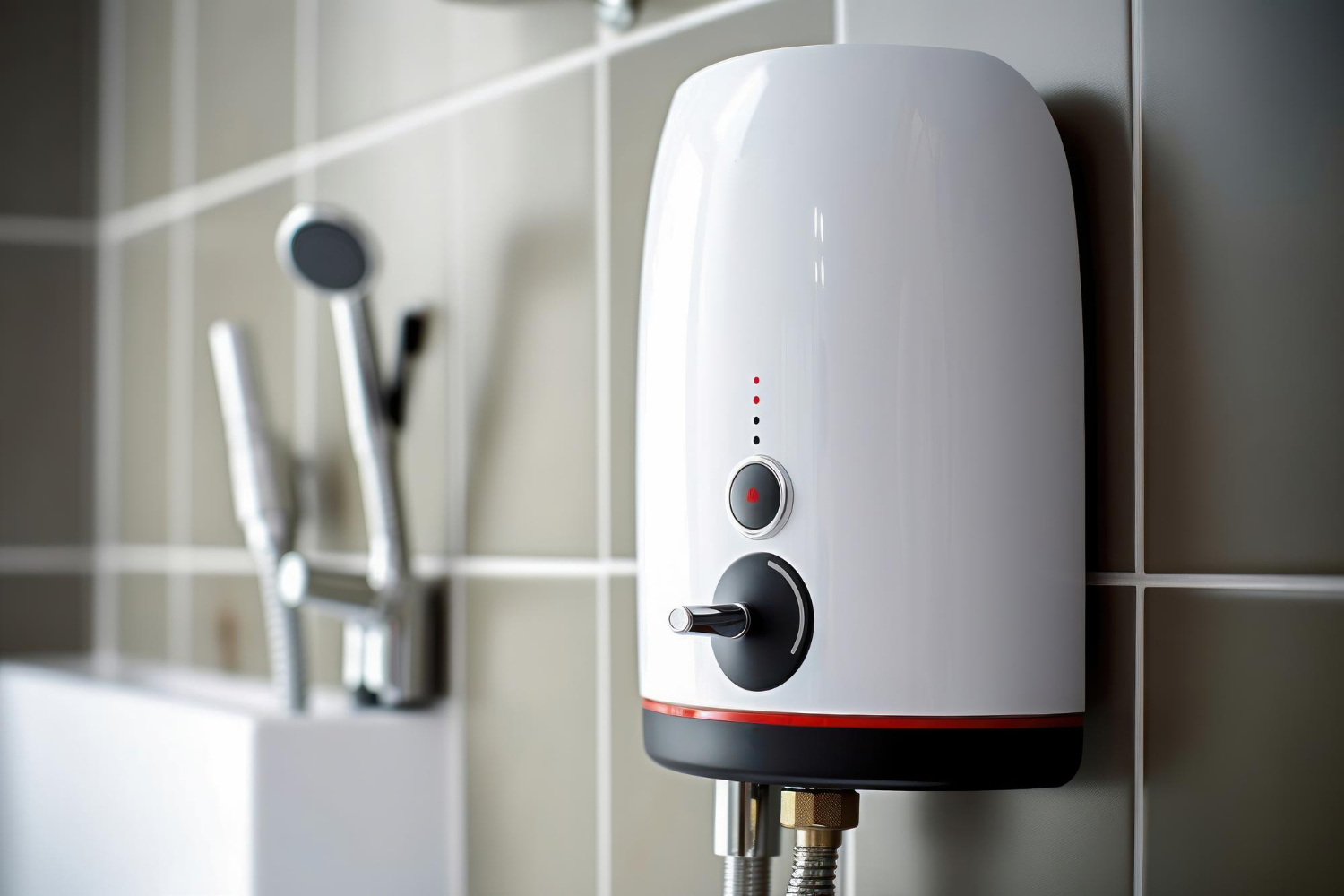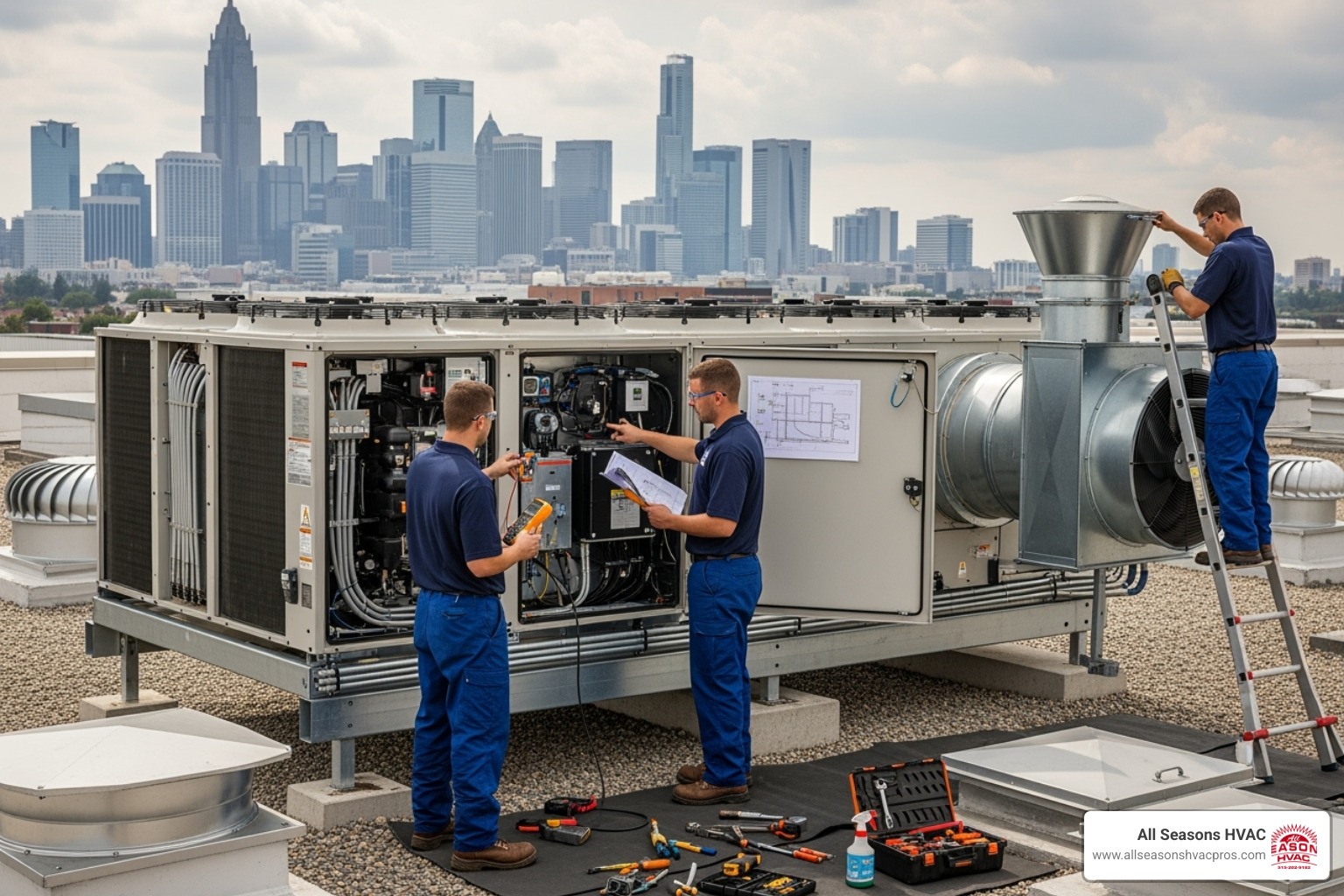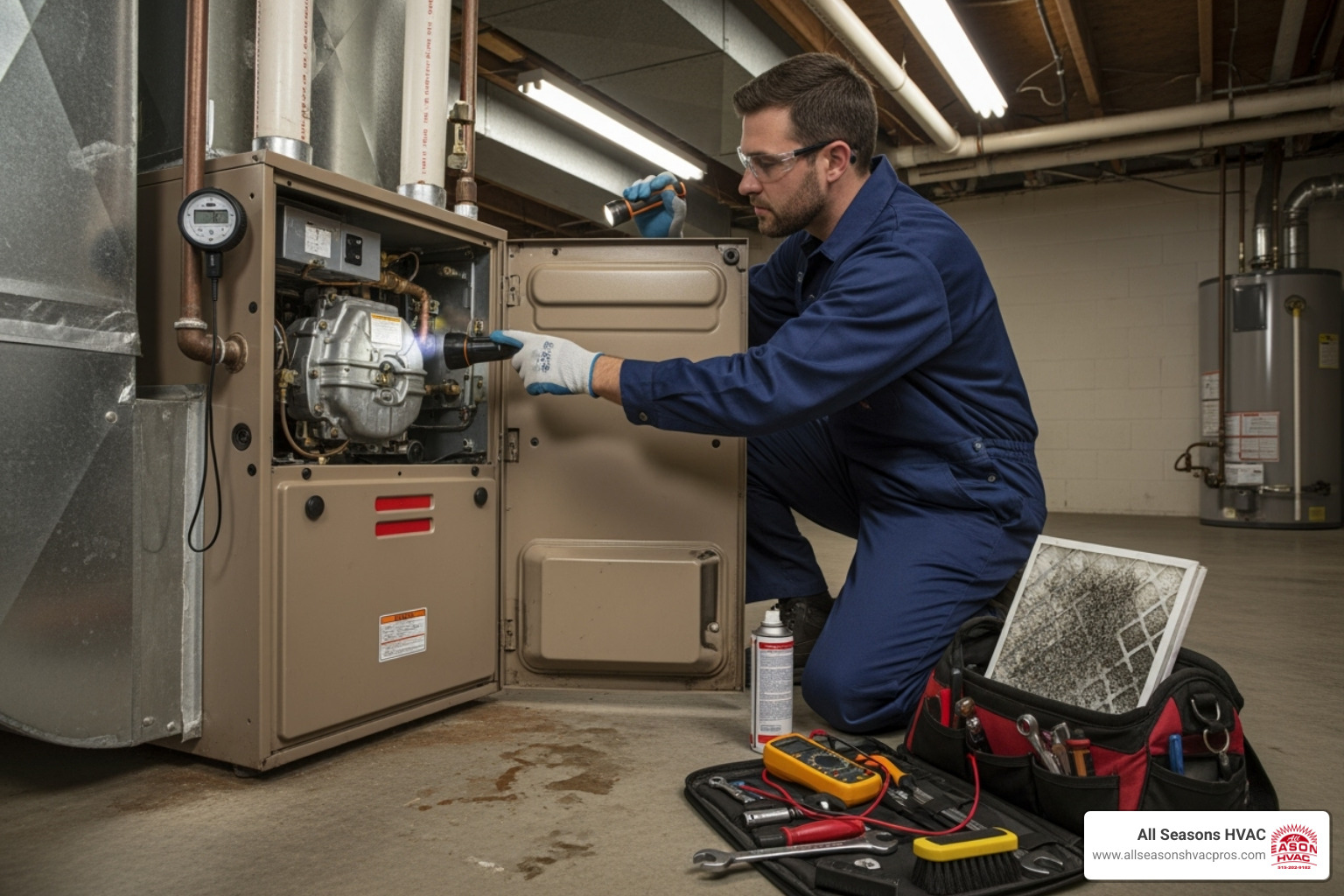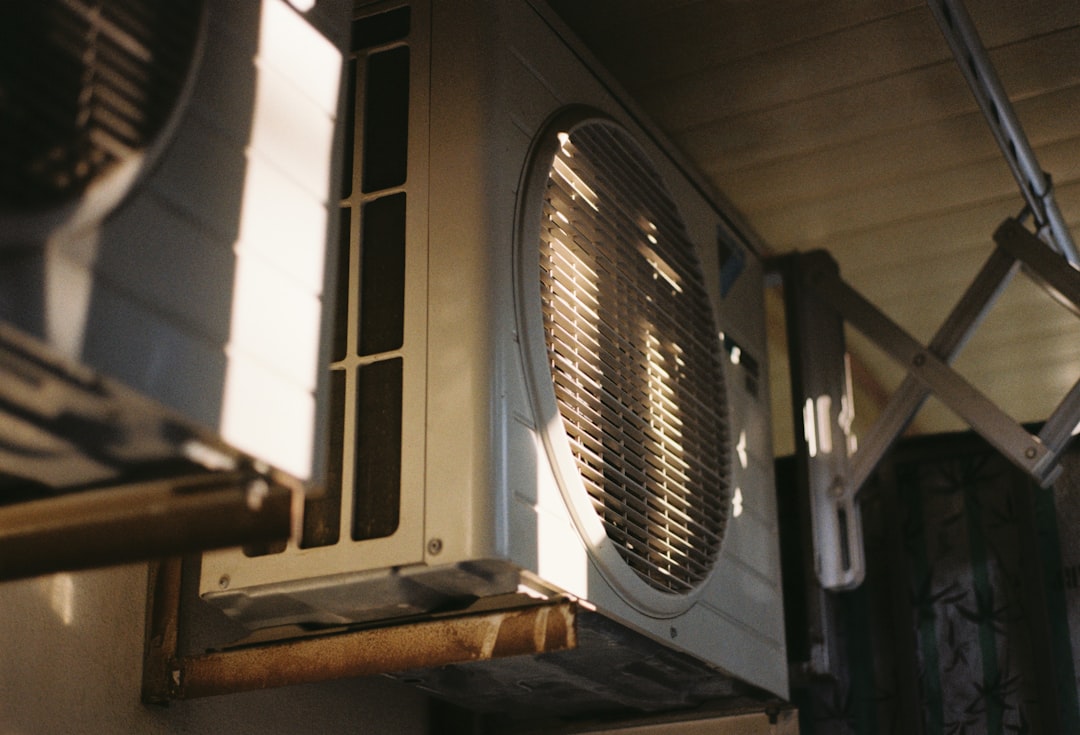Choosing the right water heater for your home is crucial for comfort and energy efficiency. With several options available, understanding how each type works and their advantages and disadvantages can help make this decision easier. From traditional tank water heaters to advanced solar water heaters, each type offers unique benefits and potential drawbacks.
Tank Water Heaters
How They Work
Tank water heaters are the most traditional and commonly used type of water heater. These systems store hot water in a large tank, typically holding between 30 to 80 gallons. The water is heated by either gas or electric elements located within the tank. The heater maintains the water at a set temperature, providing a ready supply of hot water when needed. When you turn on a hot water tap, heated water is drawn from the tank, and cold water refills the tank to be heated.
Pros and Cons
Pros:
– Cost-Effective: Generally, tank water heaters have lower initial costs compared to other types.
– Simple to Install: Our professionals can quickly install these units and have extensive experience handling them.
– Reliable Supply: They provide a steady supply of hot water, making them suitable for homes with consistent hot water needs.
Cons:
– Energy Efficiency: These units continually heat water to maintain the set temperature, which can lead to higher energy consumption.
– Space Requirements: Tank water heaters take up more space due to the size of the storage tank.
– Limited Hot Water: Once the stored hot water is used up, there can be a wait time for the tank to reheat new water.
Tankless Water Heaters
How They Work
Tankless water heaters, also known as on-demand water heaters, do not store hot water. Instead, they heat water directly as it flows through the unit. When you turn on the hot water tap, cold water travels through a pipe into the unit, where either a gas burner or an electric element heats the water instantly. This system provides a continuous supply of hot water because it heats the water only when needed.
Pros and Cons
Pros:
– Energy Efficiency: Because these systems only heat water when you need it, they consume less energy.
– Space-Saving: Tankless water heaters are much smaller than tank units and can be installed in more compact areas.
– Unlimited Hot Water: They can provide an endless supply of hot water as long as the unit’s flow rate capacity is not exceeded.
Cons:
– Higher Initial Cost: The upfront cost for tankless units and their installation can be more expensive.
– Complex Installation: Installation can be more complex and may require upgrades to the home’s electrical system or gas lines.
– Flow Rate Limitations: The effectiveness of a tankless water heater can be limited if multiple hot water outlets are used simultaneously, potentially requiring the installation of additional units.
With these insights into tank and tankless water heaters, you can better understand which option may suit your needs best. Our professionals at All Seasons HVAC LLC are here to help you with expert water heater installation and repair services to ensure your system runs efficiently.
Heat Pump Water Heaters
How They Work
Heat pump water heaters work by transferring heat from the air or ground to heat the water. Unlike traditional water heaters that generate heat directly, heat pumps use electricity to move heat from one place to another. Our professionals install these systems to ensure that they work efficiently by capturing heat from the surrounding environment and transferring it to the water inside the tank.
These water heaters are often equipped with a small electric-powered heat pump that sits on top of the water tank. The pump draws in ambient air, extracts the heat, and uses it to heat the water. The remaining cooler air is then expelled. This method of heating water is more energy-efficient compared to conventional electric water heaters.
Pros and Cons
Heat pump water heaters come with several advantages:
1. Energy Efficiency: They are more efficient than traditional electric water heaters, which can lead to lower utility bills.
2. Environmental-Friendly: These units use less energy, reducing your carbon footprint.
3. Long Lifespan: With proper installation and maintenance, heat pump water heaters can last longer than conventional systems.
However, there are also some drawbacks:
1. Higher Initial Cost: These systems can be more expensive to purchase and install.
2. Space Requirements: Heat pump water heaters need more space for air circulation. They are usually installed in areas with good airflow.
3. Performance in Cold Climates: Their efficiency may drop in colder climates where there is less ambient heat to extract.
Solar Water Heaters
How They Work
Solar water heaters harness energy from the sun to heat the water. These systems typically consist of solar collectors, a storage tank, and a circulation system. Our professionals ensure that solar collectors are installed in a location with maximum sun exposure, usually on the roof.
The solar collectors absorb solar energy and convert it into heat, which is then transferred to the water. The heated water is stored in an insulated tank until needed. There are two main types of solar water heaters: active systems, which use pumps to circulate water, and passive systems, which rely on natural convection for water circulation.
Pros and Cons
Solar water heaters offer numerous benefits:
1. Renewable Energy Source: They use the sun’s energy, which is free and renewable.
2. Energy Savings: These systems can significantly lower your energy bills by reducing the need for conventional heating methods.
3. Low Operating Costs: Once installed, solar water heaters have minimal operating costs compared to other types.
However, there are some disadvantages:
1. High Initial Cost: The installation of solar water heaters can be costly due to the price of solar collectors and other components.
2. Weather Dependent: Solar water heaters depend on sunny days to function efficiently. Their performance may vary with weather conditions.
3. Space Requirements: They require ample roof space for the solar collectors.
Conclusion
Choosing the right water heater depends on several factors, including your energy needs, budget, and environmental considerations. Heat pump water heaters offer excellent energy efficiency and eco-friendliness, while solar water heaters provide a renewable and cost-effective solution once installed. Each type of water heater has its own set of advantages and limitations.
Our professionals at All Seasons HVAC LLC are dedicated to helping you find the most suitable water heater for your home. From selecting the right type of water heater to expert installation and maintenance, our technicians provide comprehensive services to ensure your water heating system operates efficiently and reliably.
For expert advice and professional water heater installation in Ankeny, contact us today. Let our experienced team help you choose and install the best water heater for your home’s needs.




